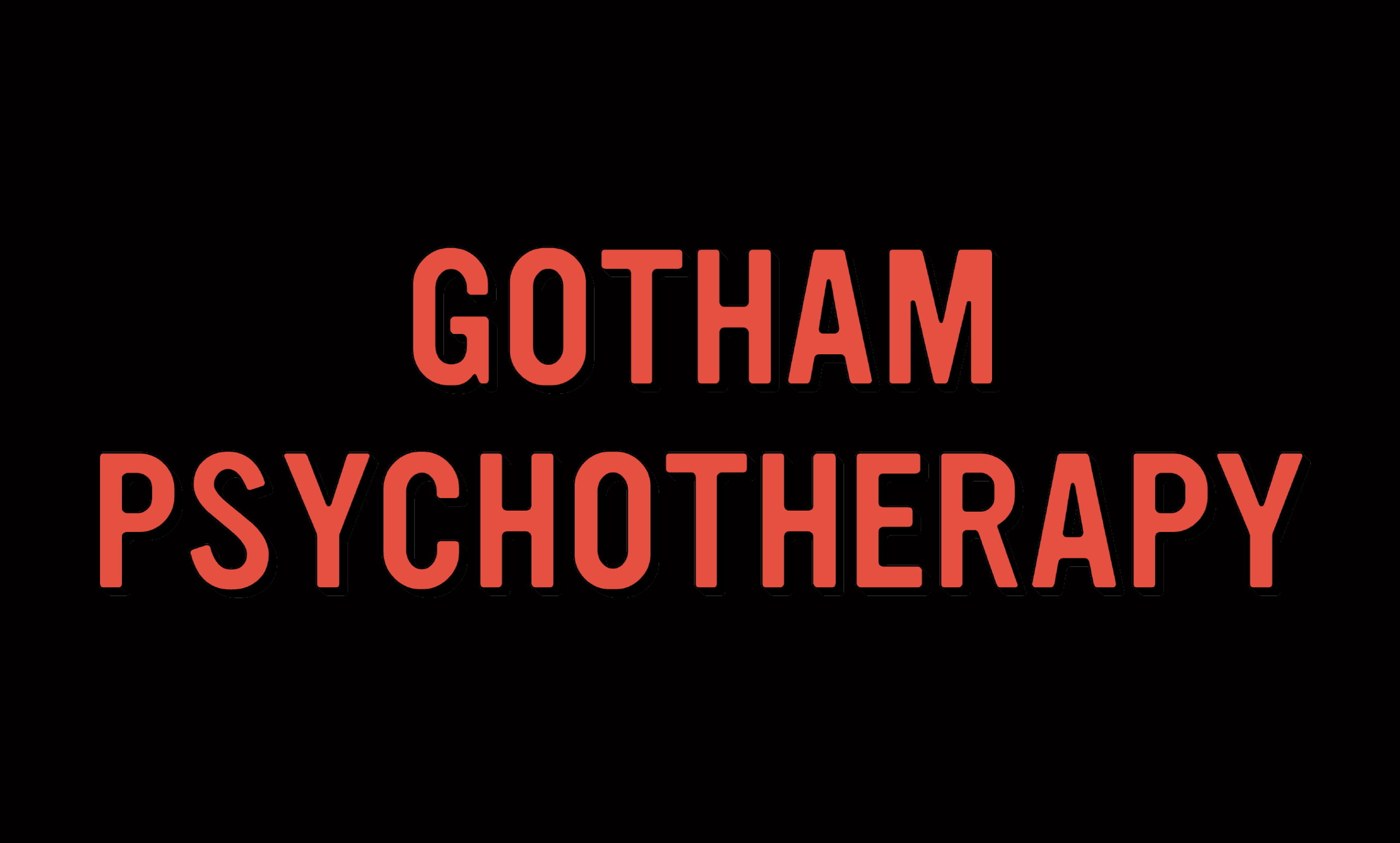Treatment
Gotham Psychotherapy provides therapy for individuals, couples, families, and groups. When appropriate, our team collaborates with experienced psychiatrists who prescribe the minimum necessary medication to support treatment objectives.
Our treatment areas include:
Individual Therapy
Individual therapy is the treatment of mental and emotional disorders, as well as adjustment difficulties, through the use of psychological techniques rather than physical or biological interventions.
Psychoanalysis, the first modern form of psychotherapy, was known as the “talking cure.” The many varieties of therapy practiced today continue to share this foundation, relying on verbal exchange between the therapist and the individual seeking help.
Couples Therapy
Gotham Psychotherapy integrates the Gottman Method, an approach to couples therapy based upon Dr. John Gottman’s four decades of research with thousands of couples.
Dr. Gottman has shown how couples can accomplish long-term relationship satisfaction by paying attention to what he calls The Sound Relationship House, or the nine components of healthy relationships.
Family Therapy
Family therapy is a form of psychotherapy that involves members of a nuclear or extended family.
It may be conducted by a pair of therapists—often a man and a woman—to address gender-related dynamics or to serve as role models for family members. While some approaches draw on behavioral or psychodynamic principles, the most widely practiced form is based on family systems theory. This approach regards the entire family as the unit of treatment and emphasizes factors such as relationships and communication patterns rather than focusing solely on individual traits or symptoms.
Group Therapy
Group therapy supports emotional growth and personal problem-solving within a collective setting. It encompasses many types of groups with different theoretical orientations and purposes, but all share the common goal of helping individuals address challenges and grow emotionally. This process draws on both the group dynamic and the guidance of the therapist.
Unlike the one-to-one relationship of individual therapy, group therapy offers multiple relationships and perspectives, creating additional opportunities for growth and problem-solving.

